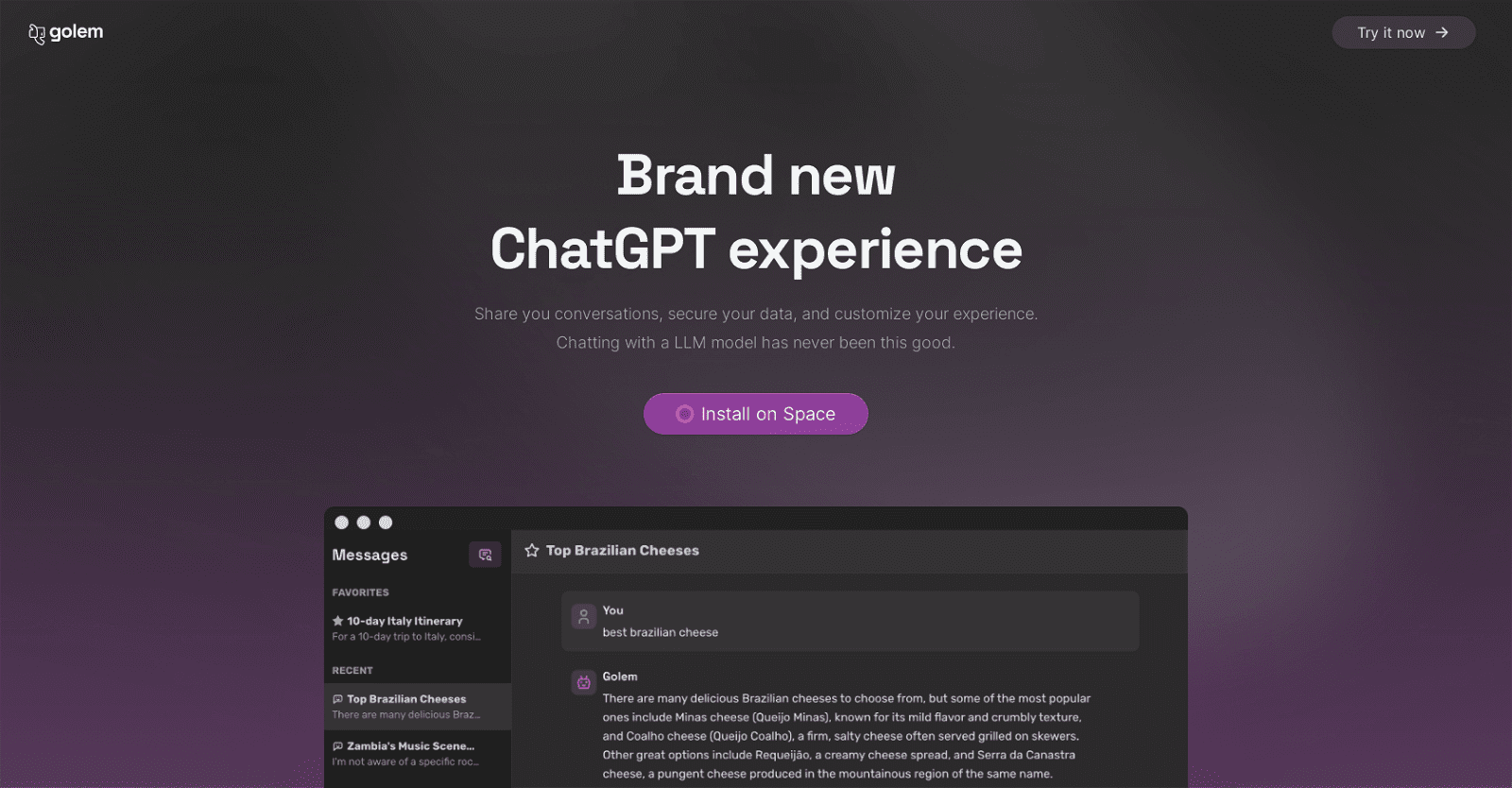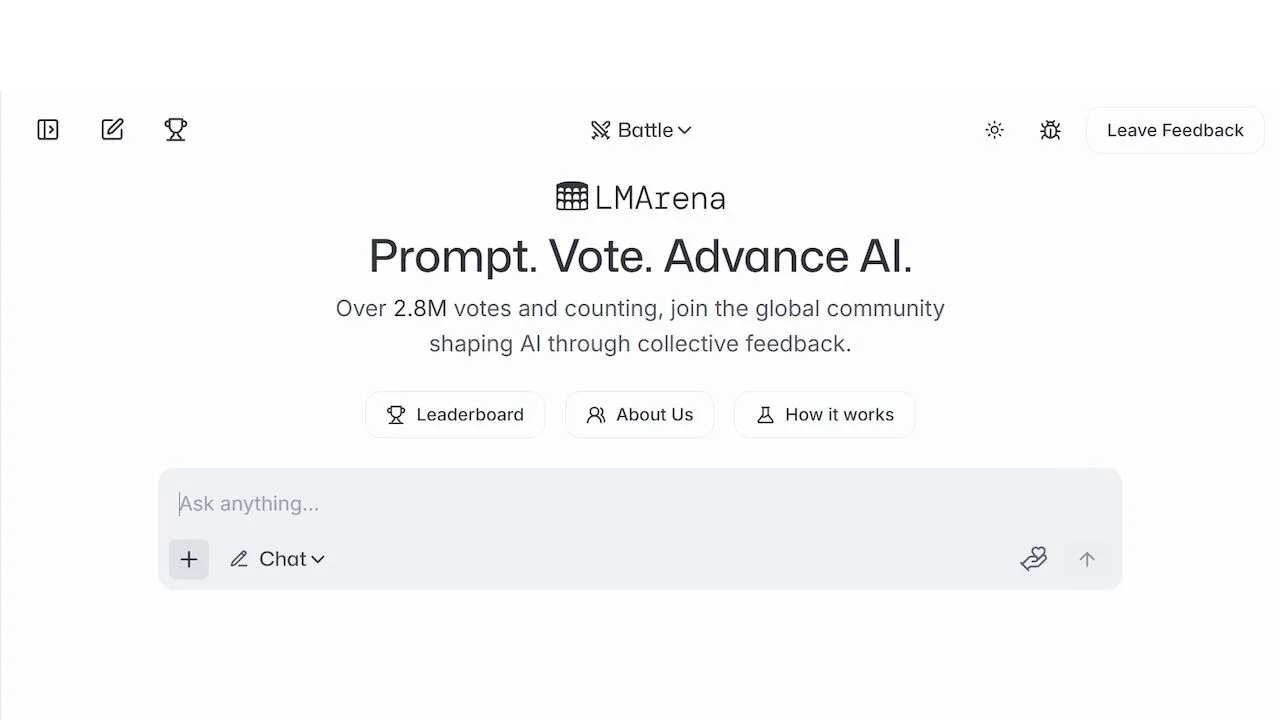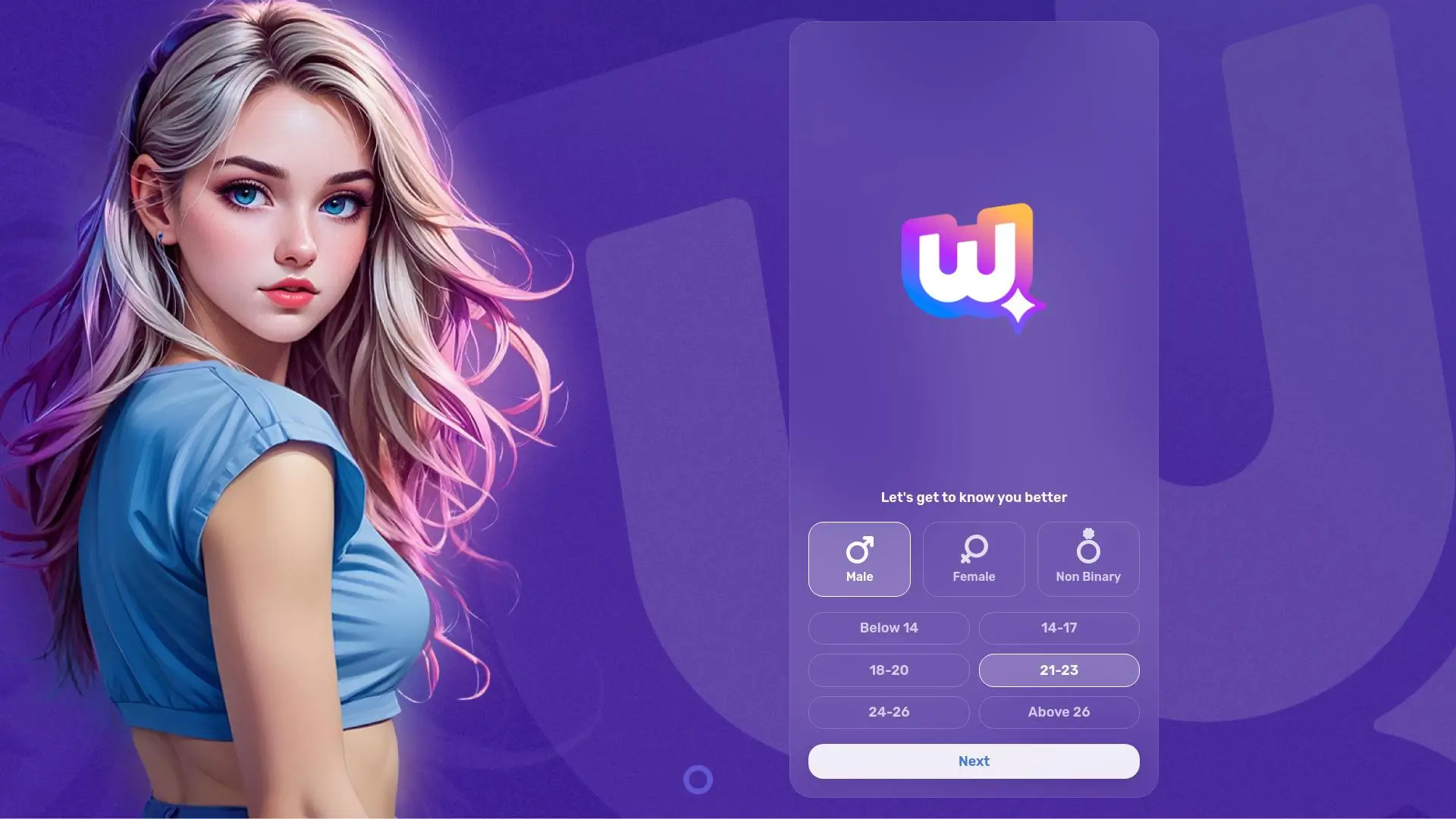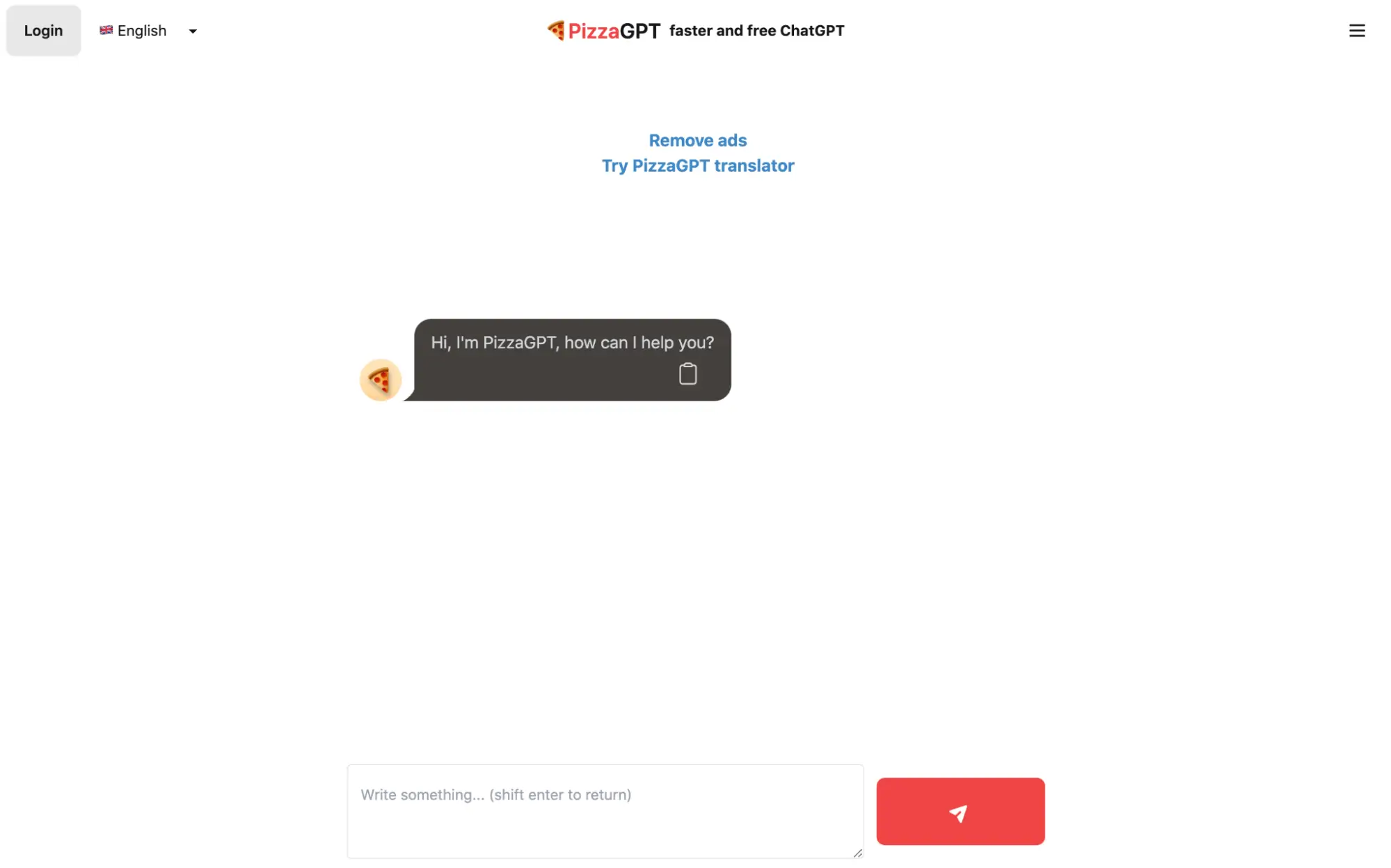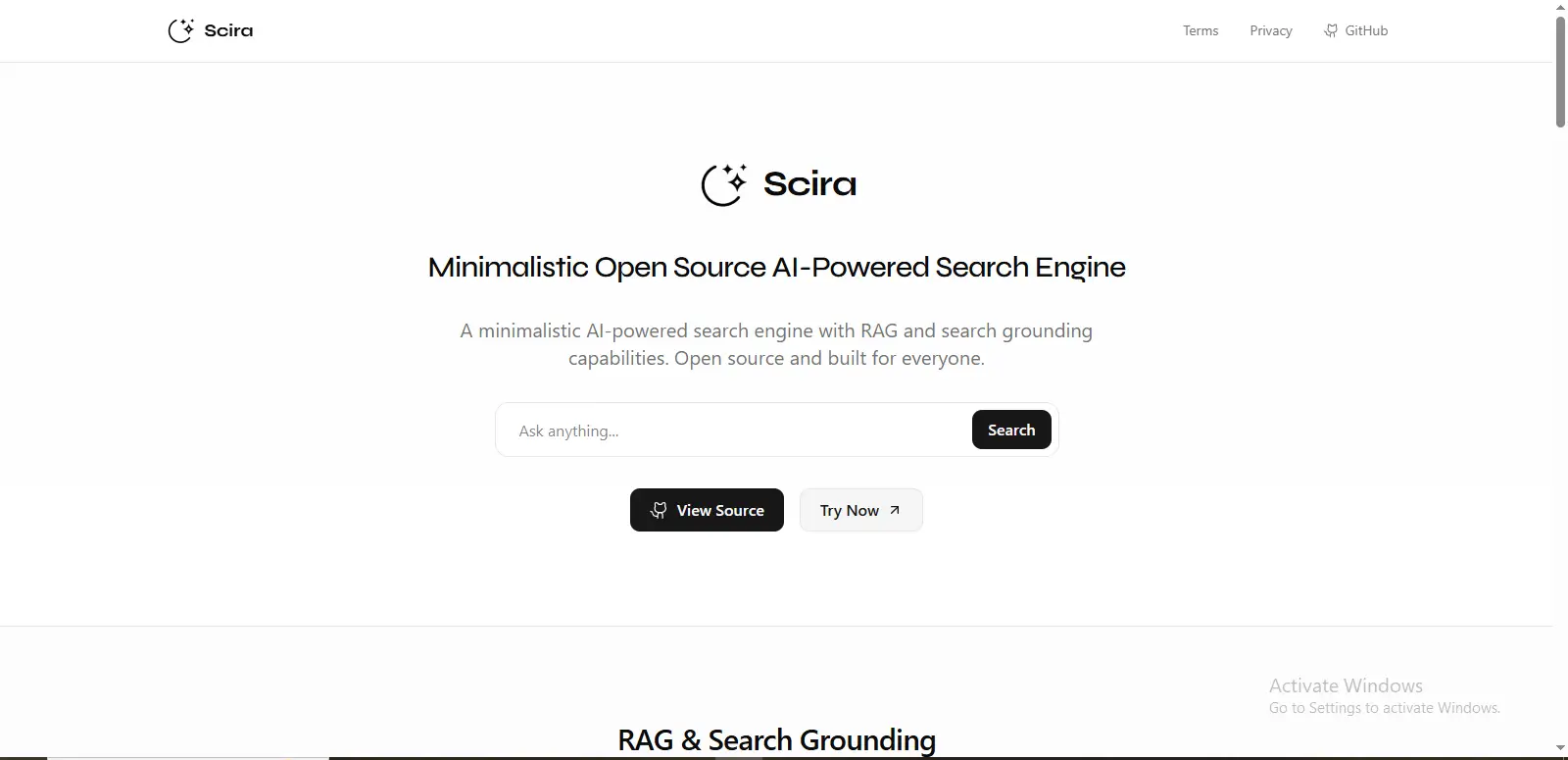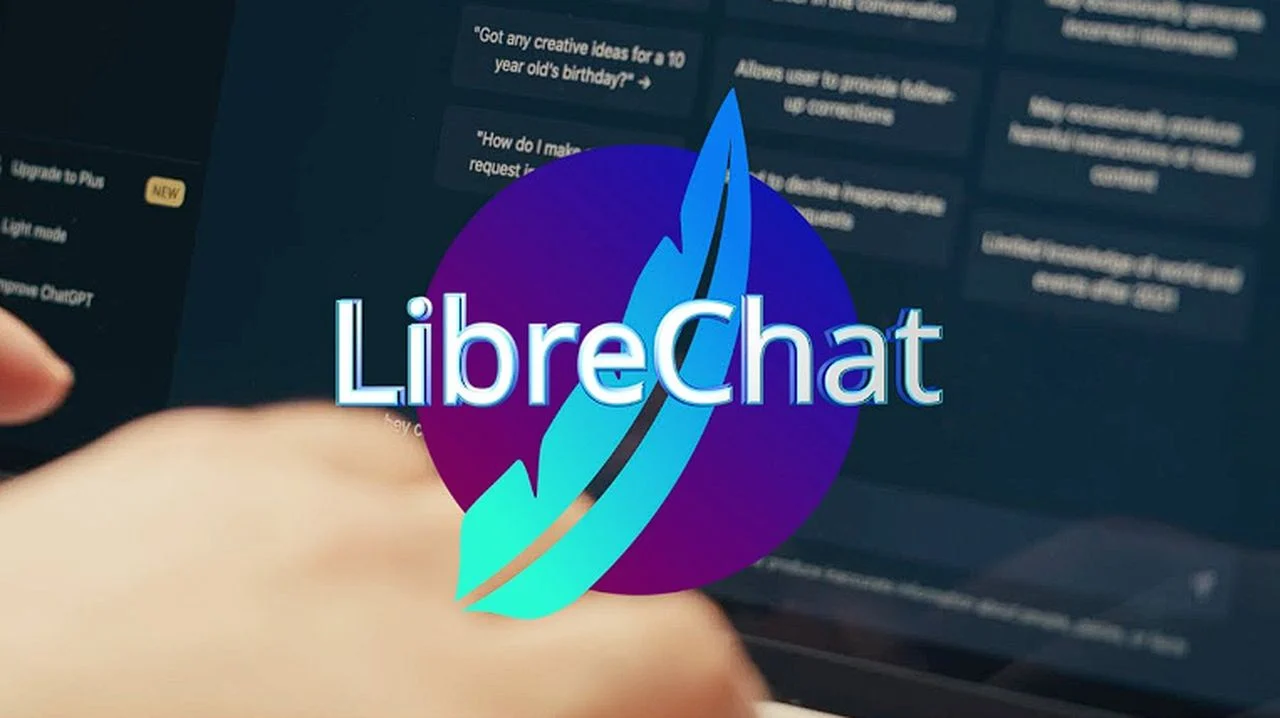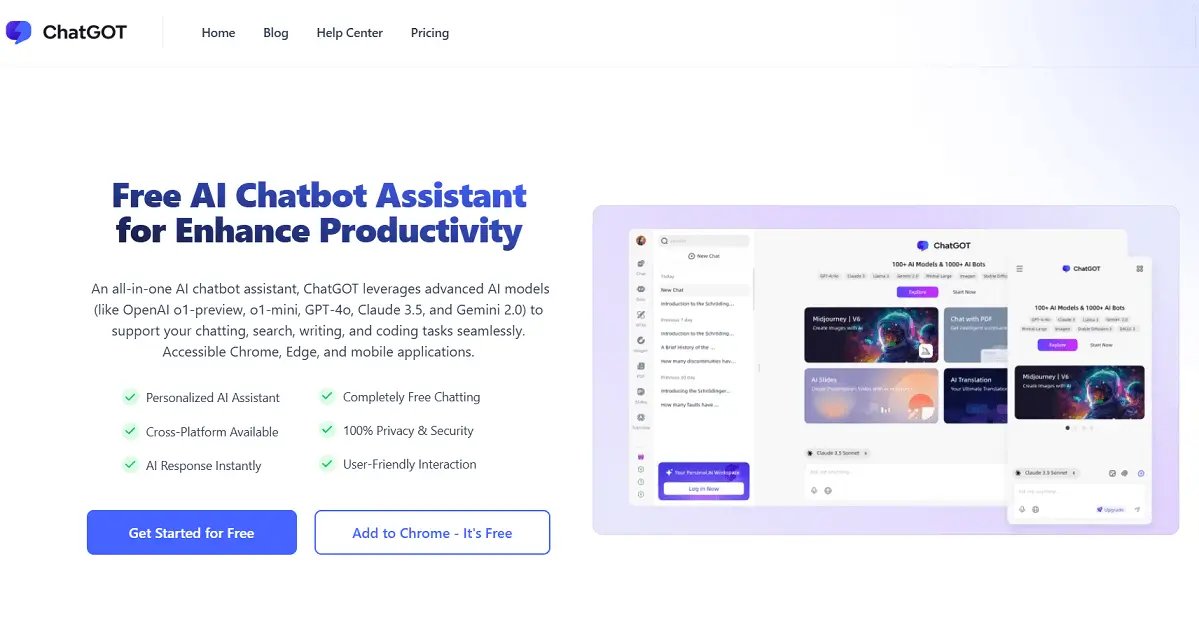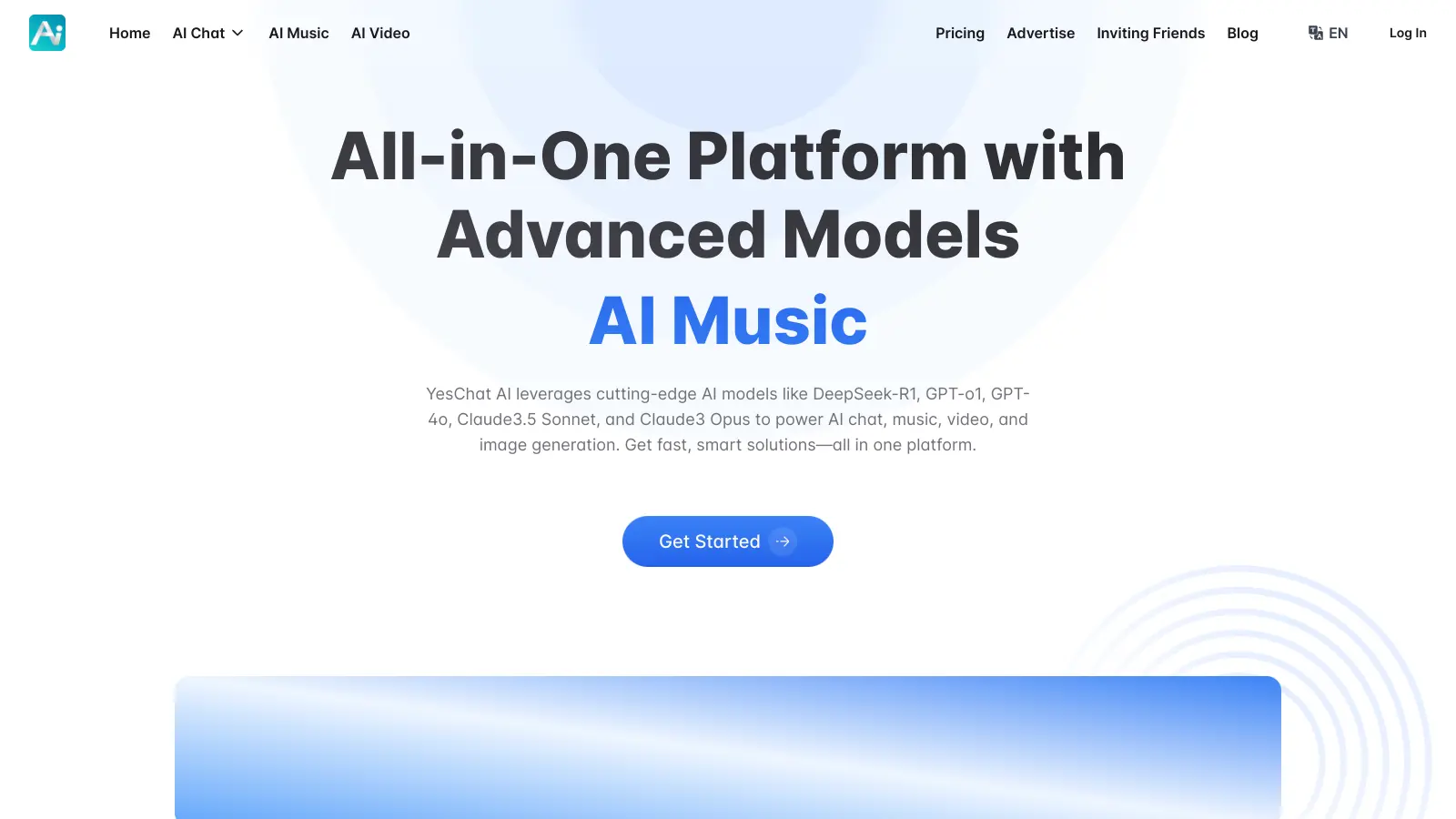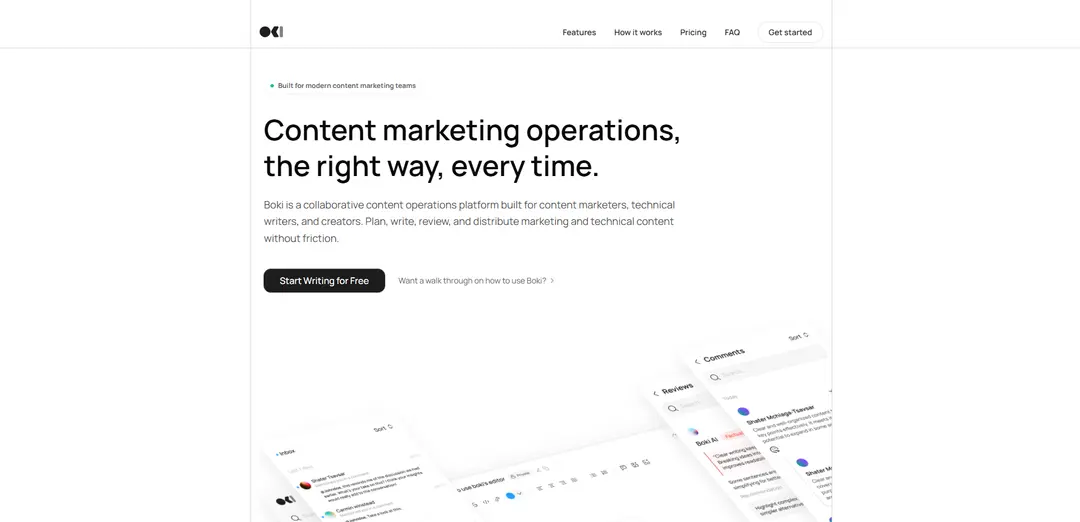Golem offers an alternative interface to ChatGPT UI, aiming to provide users with a fresh and engaging experience when interacting with LLM models. It boasts an intuitive design optimized for simplicity and aesthetics, ensuring a seamless user experience.
One standout feature of Golem is its emphasis on privacy and security, allowing users to store their data locally for maximum confidentiality. Moreover, users have the option to deploy Golem to their personal cloud using Deta Space, enhancing security measures.
Customization is another highlight of Golem, allowing users to tailor their experience according to their preferences. Sharing conversations is made effortless with Golem, as users can easily share conversation links for collaboration and idea exchange.
As an open-source project available on Github, Golem invites contributions from users and serves as a valuable resource for Nuxt 3 projects. For those seeking a secure, customizable, and open-source AI chat tool, Golem presents an attractive option.
More details about Golem
What is Golem?
Golem stands out as an open-source solution, providing users with a distinctive interface for engaging with LLM models through chat interactions. Its key features include robust security measures, user-friendly design, and extensive customization options, all contributing to an enhanced ChatGPT experience.
How does Golem provide a personalized ChatGPT experience?
Golem empowers users to customize their ChatGPT experience to suit their specific preferences and requirements, ensuring a personalized interaction. Additionally, it facilitates seamless collaboration by enabling users to share conversations effortlessly through a straightforward link-sharing feature.
How can I deploy an instance of Golem to my personal cloud?
Utilize Deta Space, a cloud solution, to deploy Golem on your personal cloud, ensuring enhanced privacy benefits for your ChatGPT interactions.
Where can I find Golem’s source code?
Golem’s source code is openly available on GitHub, fostering collaboration and encouraging the user community to contribute to its development.
